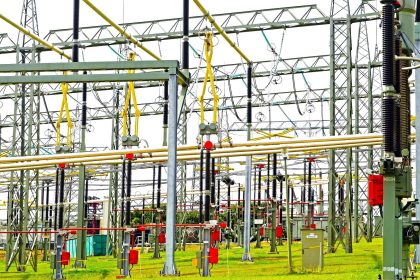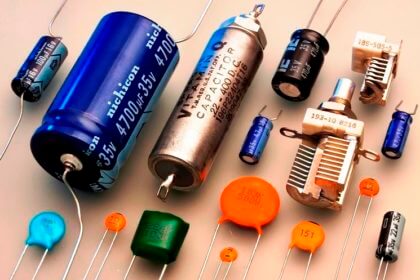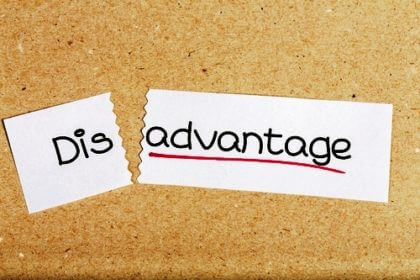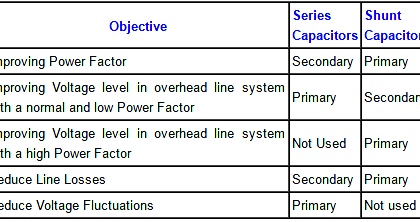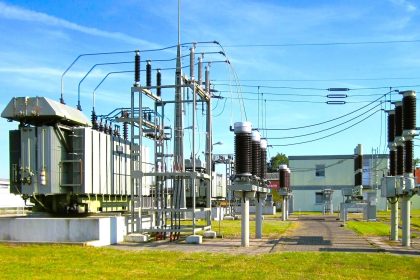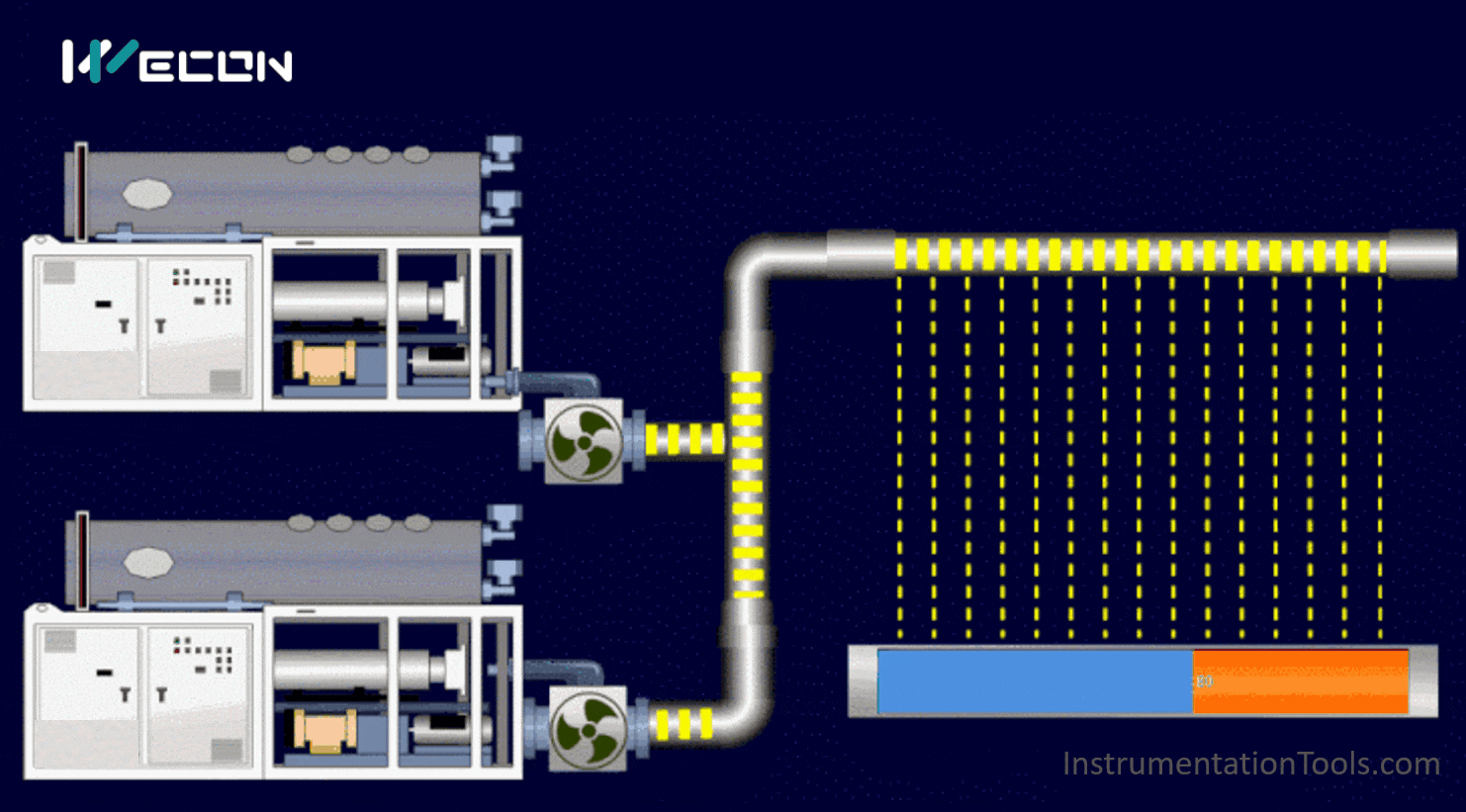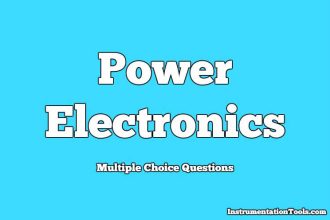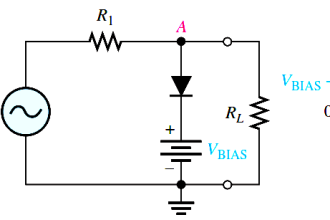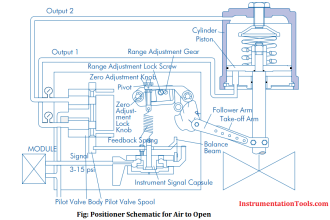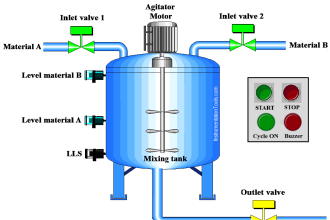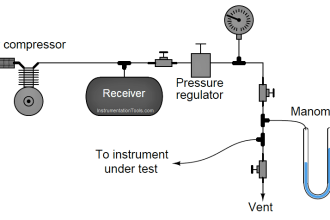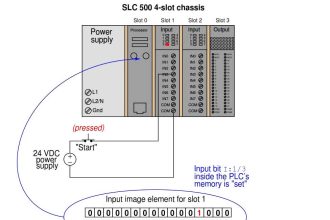Symmetrical Components:
Any unbalanced three phase system of currents, voltages or other sinusoidal quantities can be resolved in to three balanced of phasors which are known as symmetrical components of the original unbalanced system. This three balanced systems constitutes three sequence networks which are solved separately on single phase basis.
The symmetrical components differ in phase sequence, i.e, the sequence in which the phasor quantities attains the maximum value. Any unbalanced system quantities (current, voltage, other sinusoidal quantities) can be represented in set of symmetrical quantities which constitutes positive sequence components, negative sequence components and zero sequence components.
Why Sequence Component:
In symmetrical power system (it is the system in which the three phases are identical), phasor quantities such as current, voltage of different sequences does not react to each other. Current in the one sequence will induce the voltage drop in respective sequence only.
Since in symmetrical system as there is no interaction between the quantities of different sequences, currents of any sequence is considered to flow in an independent network associated with that sequence only. In simple words we will get different sequence networks for positive, negative and zero sequence components, for example positive sequence current will flow in positive sequence network only. The single phase equivalent circuit of any component consists of impedances associated with that circuit and it is called sequence network for particular sequence component.
This helps in analyzing the system performance when there is unbalanced fault, interaction between the quantities (voltage, current) of different sequences can be determined by interconnecting the sequence networks (positive, negative and zero) at the fault location.
Main advantage of sequence components are isolating the quantities (voltage, current) in to components (positive, negative, zero) which helps in better criteria for controlling factors for different applications
- In Stability analysis investigations the synchronizing force between the machines is affected by the positive sequence components.
- Heating effect due to unbalanced currents depend on the negative sequence components. (when heating is observed due to unbalanced currents that determines presence of negative sequence component currents flowing the system. By reducing the unbalanced currents heating effect and negative sequence components can be reduced.
- When earth fault occurs zero sequence currents flows through the system. Hence all ground or earth fault relay operates on determining the zero sequence components.
